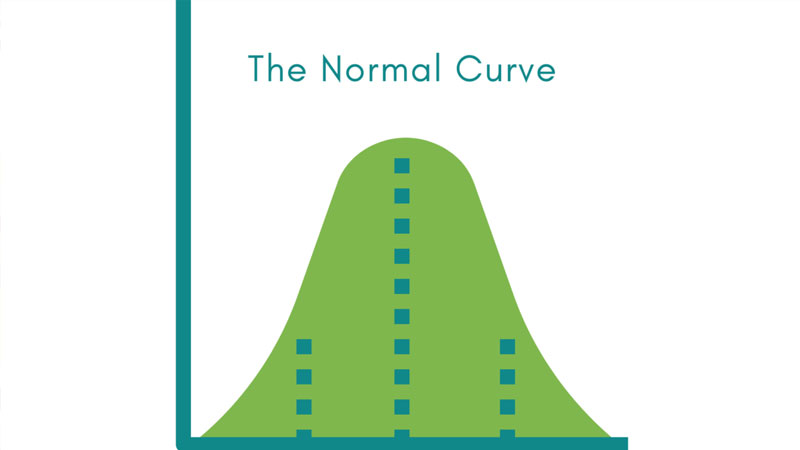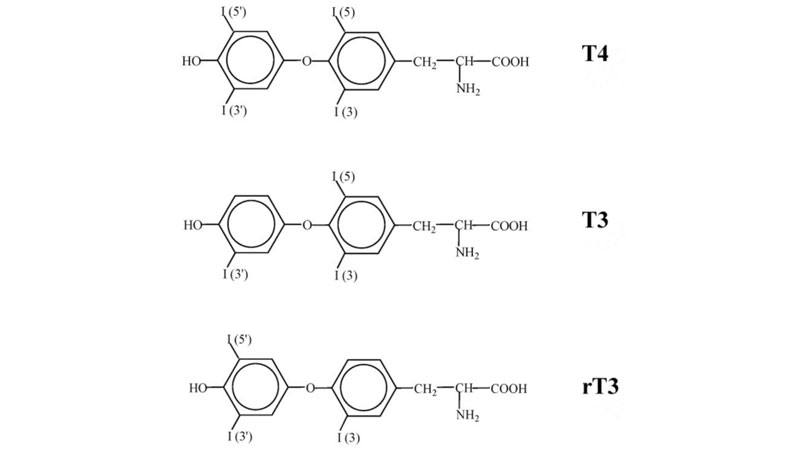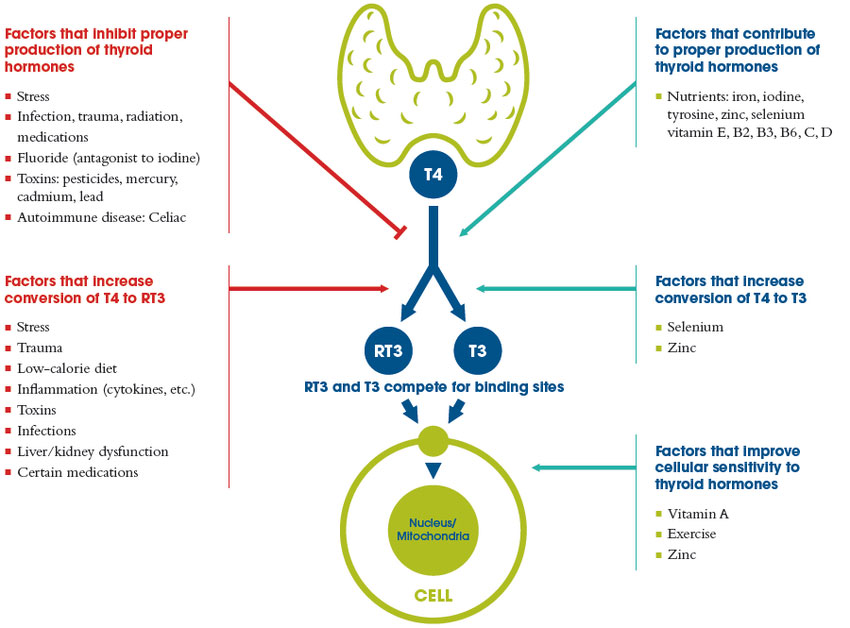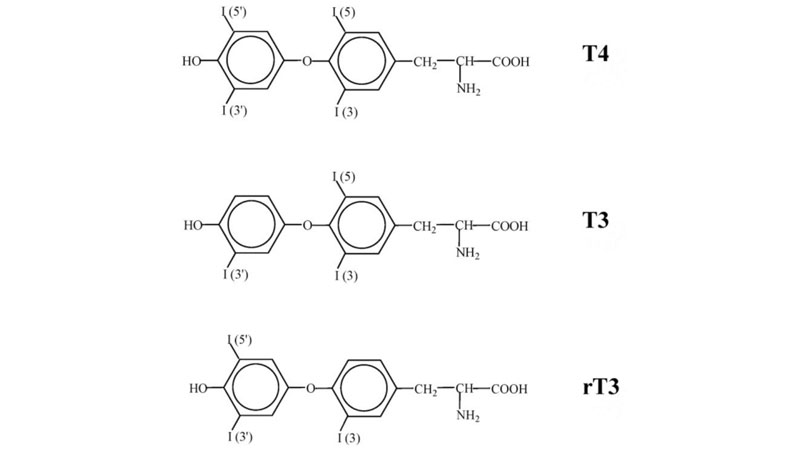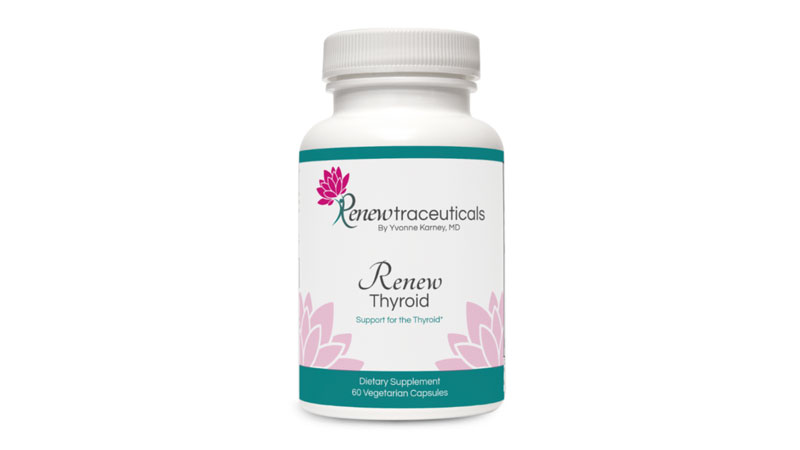The 7 Hidden Signs Your Hormones Are Screaming for Help (That Doctors Miss)
You’ve been to three doctors. Your labs are “normal.” But you feel like you’re living in someone else’s tired, foggy, irritable body. Sound familiar?
What if I told you these aren’t separate problems, but your hormones sending you an SOS signal that most doctors are completely missing?
As a gynecologist with 30 years of experience—8 of those as a military doctor where I learned to follow protocols to the letter—I used to be one of those doctors who dismissed these symptoms. I’d look at your “normal” TSH, tell you to eat less and exercise more, and maybe offer an antidepressant. I didn’t know what else to say.
I’m deeply sorry for that.
Because what I’ve learned in my journey into functional medicine is that these symptoms are actually your body’s brilliant communication system. Your hormones are like keys trying to unlock important doors throughout your body—and when those keys don’t fit properly into the lock anymore, everything starts breaking down.
Today, I’m going to show you the 7 hidden signs that your hormone locks are crying out for help, the science behind why this happens, and exactly what tests you need to get to the bottom of it.
Why Traditional Medicine Misses these Signs
Here’s the thing that breaks my heart: traditional medicine treats symptoms separately instead of seeing the hormone connection. We’re taught to look at fatigue as one problem, brain fog as another, weight gain as yet another—never connecting the dots.
But here’s what the research shows us: these symptoms are all connected through a beautifully complex web of hormone interactions. When one hormone system gets disrupted, it creates a cascade effect that touches EVERYTHING.
Think of it this way: if you had rusty locks throughout your house, you wouldn’t call separate repair people for each door. You’d recognize that all your locks need attention from someone who understands the whole system.
That’s exactly what’s happening in your body right now.
The 7 Hidden Signs Your Hormones are Screaming for Help
1. Fatigue: “I’m Tired of Being Tired”
What you’re experiencing:
- “I used to be a go-getter, now I need a nap by 2 PM”
- “I can barely push through my day, and then crash on the couch with nothing left”
- “I feel guilty because I have no energy for my family”
The hormone story:
Your energy depends on three critical hormone systems working in harmony. Research shows that thyroid hormone is essential for brain metabolism and cellular energy production. Specifically, T3 (the active thyroid hormone) “triggers protein synthesis in mitochondria”—your intracellular batteries that make energy.
But here’s what most doctors miss: you can have “normal” TSH and still be functionally hypothyroid. Studies demonstrate that even with “normal range” a higher TSH was associated with longer completion times (slower performance)” on cognitive tests, showing that even subtle thyroid dysfunction affects your energy.
The second system is your adrenals. Elevated cortisol “depletes dopamine, which decreases activity in the pleasure pathways of the brain; reduces norepinephrine, leading to a lack of motivation and alertness.” Chronic stress KEEPS your cortisol elevated when it should only briefly go up. This leaves you feeling wired but tired.
The third critical system? Insulin. When you develop insulin resistance, your cells literally can’t access the glucose they need for energy, even when your blood sugar looks normal. It’s like having a full gas tank but a clogged fuel line—the energy is there, but it can’t get where it needs to go.
When all three systems are disrupted—thyroid dysfunction, cortisol dysregulation, and insulin resistance—you’ve got a perfect storm for crushing fatigue.
The hormone locksmith:
It’s like having jammed locks to the energy room of your house—the thyroid, adrenal and insulin keys can’t turn properly, leaving you locked out of the energy you need.
2. Brain Fog: “I literally feel hazy”
What you’re experiencing:
- “I used to be the one with all the answers in meetings”
- “I walk into rooms and forget why I’m there”
- “I’m afraid people will notice I’m not as sharp”
The hormone story:
This one hits close to home because I see it in so many brilliant women. The research is crystal clear: estrogen is a master regulator of neurotransmitter production.
Studies show that estrogen promotes “executive functions, such as working memory and reward processing” due to its affect on the making of neurotransmitters like serotonin and dopamine.
When estrogen drops, your brain literally can’t make enough of the chemicals it needs for clear thinking. Next, add thyroid dysfunction—remember, “clinical hypothyroidism is a cause of cognitive impairment which can be reversible upon the restoration of thyroid hormone levels.” And the last ingredient? Cortisol. Studies show that chronic stress “measurably shrinks your brain” and “destroys and harms existing brain cells.”
And THAT, my friend is a recipe for a major brain-fog alert!
The hormone locksmith:
Picture this: the locks in your brain aren’t getting the right keys to open clear thinking pathways.
3. Weight Gain (Especially Around the Middle): “Nothing Works Anymore”
What you’re experiencing:
- “I eat the same but gain weight”
- “My jeans don’t fit and I hate shopping”
- “The scale keeps climbing despite my efforts”
The hormone story:
I need you to hear this: it’s NOT about calories in versus calories out. The research proves this completely.
Studies show that “when we suppress ovarian hormones, the resting metabolic rate goes down by the equivalent of about 50 to 70 calories a day… you’d see an increase in fat mass of one pound over about two to three months.” Yikes! That’s up to 12 pounds per year, which equates to an increase in clothing size every 1-2 years! I don’t know about you, but I prefer to buy new clothes because I WANT to, not because my current clothes don’t fit anymore!
But it gets worse. Research demonstrates that “60% of postmenopausal women are affected by metabolic syndrome, whereas only 22% of the general population meet these criteria.” These women show “twice as much visceral abdominal and subcutaneous fat than premenopausal women.” And visceral fat carries a markedly increased risk for heart disease, which happens to be the #1 killer of women over 50.
The culprits? Insulin resistance (which makes everything get stored as fat), cortisol promoting belly fat storage, declining estrogen and testosterone slowing metabolism, and thyroid dysfunction putting your metabolic rate in the basement.
The hormone locksmith:
Think of it this way: your metabolic locks are stuck in “fat storage mode”—no matter what keys you try, everything gets stored as fat.
4. Mood Swings: “I Don’t Recognize Myself”
What you’re experiencing:
- “I snap at my husband over nothing”
- “I feel like I’m on an emotional roller coaster”
- “My family asks ‘what’s wrong with mom?'”
The hormone story:
This breaks my heart because I know you’re probably blaming yourself. But the science is clear: estrogen directly affects mood-stabilizing neurotransmitters.
Research shows estrogen “inhibits serotonin breakdown” and “inhibits serotonin reuptake from the synaptic cleft, resulting in an increase in serotonin availability.” When estrogen drops, so does your happiness neurotransmitter. Hmmm… yet what we offer are antidepressants with side effects to increase serotonin (SSRI’s like prozac and lexapro) rather than get to the root of the decline? That’s BASS-ACKWARDS!
Progesterone also plays a crucial role by enhancing GABA—your brain’s “chill out” neurotransmitter. And chronic stress makes everything worse by disrupting these delicate systems.
The hormone locksmith:
Imagine your emotional regulation locks aren’t working with the available keys—the mood-stabilizing mechanisms are literally broken.
5. Sleep Disturbances: “I’m Exhausted But Can’t Sleep”
What you’re experiencing:
- “I fall asleep fine but wake up at 3 AM wired”
- “I toss and turn all night”
- “I wake up more tired than when I went to bed”
The hormone story:
That 3 AM wake-up isn’t random—it’s your hormones malfunctioning. Research shows that “low blood sugar, called hypoglycemia, can cause sleep problems” and “even partial sleep deprivation over one night increases insulin resistance.”
Here’s the vicious cycle: insulin resistance causes blood sugar spikes and crashes overnight. “When you have insulin resistance, your body needs more insulin to lower blood glucose levels. When the insulin eventually catches up… you can experience a crash, leading to hypoglycemia” that jolts you awake.
Cortisol should drop at night, but chronic stress keeps it elevated. Progesterone, which should promote deep sleep, is often low or missing entirely.
The hormone locksmith:
Here’s what’s happening: your sleep locks are getting the wrong keys at the wrong times—insulin spiking when it should be quiet, cortisol staying high when it should drop.
6. Constipation: “My Body Isn’t Working Right”
What you’re experiencing:
- “I go days without a bowel movement”
- “I feel bloated and uncomfortable”
- “I never feel ’empty’ or relieved”
The hormone story:
This is one that traditional medicine completely misses the boat on. Research shows that “thyroid hormones control all metabolic pathways” including gut motility. When T3 is low, everything slows down—including your digestive system.
But estrogen plays a huge role too. Estrogen promotes better gut motility– the ability to move things through the system.
The hormone locksmith:
What’s actually happening is that your digestive locks are moving too slowly because the hormone keys that control gut motility are worn out.
7. Prolonged Recovery/Aches & Pains: “I Feel Like I’m Falling Apart”
What you’re experiencing:
- “I hurt in places I never used to”
- “A workout takes me days to recover from”
- “I feel like I’m aging in fast-forward”
The hormone story:
This one really gets to me because it makes women feel OLD when they’re not. The research shows that growth hormone is needed for tissue repair, but cortisol causes chronic inflammation that interferes with recovery. And the sleep issues I mentioned above? They suppress growth hormone release. See how it’s all related?
Estrogen and testosterone are “needed for muscle recovery,” and when they decline, your body simply can’t repair itself as efficiently.
The hormone locksmith:
The reality is that your repair and recovery locks aren’t getting the maintenance keys they need—your body’s renovation crew is understaffed and underfunded.
Why these 7 Signs All Point to the Same Problem
Here’s what I want you to understand: hormones work like a symphony, not solo acts. When one section of the orchestra is off, the whole performance suffers.
The research shows us a clear cascade: stress leads to elevated cortisol, which disrupts thyroid function, which affects sex hormone production, which impacts neurotransmitter production, which affects sleep, which worsens insulin resistance, which increases inflammation—and round and round we go. Wow. Get me OFF this merry-go-round!
Here’s what you need to know: You’re not broken. Your hormone system just needs a skilled locksmith.
The Testing Game-Plan: 7 Tests Your Doctor Should Order
If you’re experiencing these symptoms, here are the specific tests you need to ask your doctor to order. If he/she won’t do it, then find one who will:
1. Complete Thyroid Panel (Not Just TSH!)
- Free T3, Free T4, Reverse T3, TSH, TPO antibodies, Thyroglobulin antibodies
- Why: TSH alone misses 90% of thyroid problems (TSH is NOT thyroid hormone)
2. Hemoglobin A1C
- Measures average blood sugar over 3 months
- Ideal level is 4-5% (most Americans are NOT metabolically healthy!)
- Why: Insulin resistance is often the hidden culprit behind weight gain and fatigue
3. Total & Free Testosterone
- Both forms matter for energy, muscle mass, and motivation
- Why: Women NEED testosterone and it’s hardly ever checked
- Note–Many labs say “zero” testosterone is normal for women—it’s NOT!
4. 4-Point Saliva Cortisol Test
- Tests cortisol 4 times throughout the day
- Why: Blood cortisol only shows a snapshot; you need the whole movie
5. Vitamin D (25-OH)
- Should be 60-90 ng/mL for optimal function
- Why: Low D affects every hormone system and immune function
6. B12 (with Methylmalonic Acid)
- B12 should be 700-950 pg/ml
- The Methylmalonic Acid shows if the B12 in your blood is actually making into your cells
- Why: B12 deficiency mimics hormone problems and affects energy production
7. CRP-HS (High-Sensitivity C-Reactive Protein)
- Measures inflammation levels
- Why: Inflammation disrupts all hormone systems (it’s a major lock ruster!)
8. If You’re Still Having Periods: Day 21 Estradiol & Progesterone
- Tests hormone levels at their peak
- Why: Reveals if you’re actually ovulating and making adequate progesterone
You Don’t Have to Live This Way!
Here’s what I want you to know: this isn’t normal aging, and it’s not in your head. Every single one of these symptoms has a biological basis that can be addressed.
But here’s the problem with traditional medicine: the algorithms they train doctors to follow are designed to detect disease, not optimize health. When you don’t have obvious disease—when your labs fall within “normal” ranges and you’re not acutely ill—the system labels it “normal aging” and sends you home.
This drives me absolutely crazy because there’s a HUGE difference between being truly healthy and simply not being sick. The algorithms can’t help you bridge that gap. They’re built for crisis management, not for helping you thrive.
So when you go to your doctor feeling exhausted, foggy, and frustrated, and your basic labs come back “normal,” you get dismissed. You’re told it’s just part of getting older. Maybe you get offered an antidepressant or told to try harder with diet and exercise.
But that’s NOT good enough for you–you deserve MORE!
You didn’t work this hard to build a life just to feel terrible living it. You deserve to wake up with energy, think clearly all day, and have some left over at the end of the day. You deserve the vitality to enjoy everything you’ve worked for.
Here’s the TRUTH—when we identify and treat the root hormone imbalances, women get their lives back. I’ve seen it thousands of times in my practice.
You deserve to feel like yourself again. You deserve to have energy for the things you love. You deserve to think clearly and sleep peacefully and feel comfortable in your own body.
But you have to be your own advocate. Print out this list of tests. Take it to your doctor. If they dismiss you or tell you “it’s normal to feel this way,” find another doctor.
Your time is NOW. Don’t let anyone convince you that feeling awful is just part of being a woman over 40. It’s not.
Understanding these 7 signs is just the beginning. Once you know what to look for, you can start to connect the dots and see the patterns in your own body.
Remember: knowledge is power. The more you understand about how your hormones work together, the better you can communicate with your healthcare providers and advocate for the testing and treatment you deserve.
Ready to Work With a Hormone Locksmith?
If this resonates with you and you’re ready to dig deeper, we’d love to help you on your journey to getting your life back. Because you matter, your energy matters, and your health matters. Call our office at 815-271-7300 and ask for a Deep Dive Wellness Assessment. We do a 2-part visit to get a thorough picture of where your hormones and health are today.
What questions do you have about these 7 signs? Which ones resonate most with your experience? Share in the comments below—I read every single one.
References:
- Bendis PC, Zimmerman S, Onisiforou A, Zanos P, Georgiou P. The impact of estradiol on serotonin, glutamate, and dopamine systems. Frontiers in Neuroscience. 2024;18:1348551.
- Sabatino L, Vassalle C, Del Seppia C, Iervasi G. Factors and Mechanisms of Thyroid Hormone Activity in the Brain: Possible Role in Recovery and Protection. Biomolecules. 2024;14(2):198.
- Beydoun MA, Beydoun HA, Kitner-Triolo MH, et al. Thyroid Hormones Are Associated With Cognitive Function: Moderation by Sex, Race, and Depressive Symptoms. The Journal of Clinical Endocrinology & Metabolism. 2013;98(8):3470-3481.
- Designs for Health. Stress, Cortisol & Mood Disorders. October 10, 2018.
- Janssen I, Powell LH, Crawford S, Lasley B, Sutton-Tyrrell K. Menopause and the metabolic syndrome: the Study of Women’s Health Across the Nation. Archives of Internal Medicine. 2008;168(14):1568-1575.
- University of Rochester Medical Center. Metabolic Syndrome and the Role of Estrogen. March 2016.
- Zhang Y, Zhou H, Wu W, et al. Association between Menopause, Postmenopausal Hormone Therapy and Metabolic Syndrome. Journal of Clinical Medicine. 2023;12(13):4435.
- Field T, Hernandez-Reif M, Diego M, Schanberg S, Kuhn C. Cortisol decreases and serotonin and dopamine increase following massage therapy. International Journal of Neuroscience. 2005;115(10):1397-1413.
- Sleep Foundation. Sleep & Glucose: How Blood Sugar Can Affect Rest. October 26, 2023.
- Veri. Glucose During Sleep: Why Your Blood Sugar Drops at Night.
- Hermann R, Krajčová A, Přádný M, Saudek F. Role of estrogen and stress on the brain-gut axis. American Journal of Physiology-Gastrointestinal and Liver Physiology. 2019;317(3):G203-G209.
- Al-Shboul OA, Nazzal MS, Mustafa AG, et al. Estrogen relaxes gastric muscle cells via a nitric oxide‑ and cyclic guanosine monophosphate‑dependent mechanism: A sex‑associated differential effect. Experimental and Therapeutic Medicine. 2018;16(3):1685-1692.
- Herstasis Health Foundation. Abdominal Issues – Estrogen and Pregnancy. May 31, 2022.
- Australian Spinal Research Foundation. Chronic Stress – The Effects On Your Brain. June 24, 2024.
- Bendis PC, Zimmerman S, Onisiforou A, Zanos P, Georgiou P. Exploring the Therapeutic Potential of Gamma-Aminobutyric Acid in Stress and Depressive Disorders through the Gut–Brain Axis. Biomedicines. 2023;11(12):3128.




